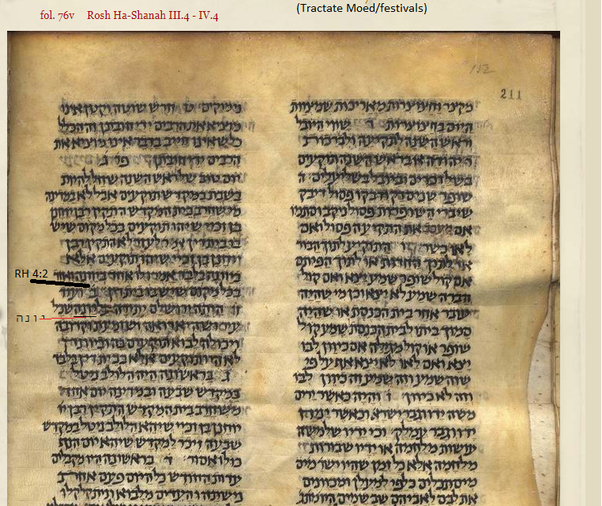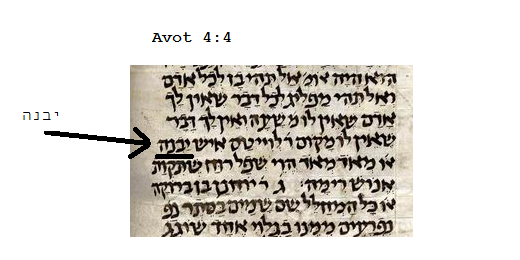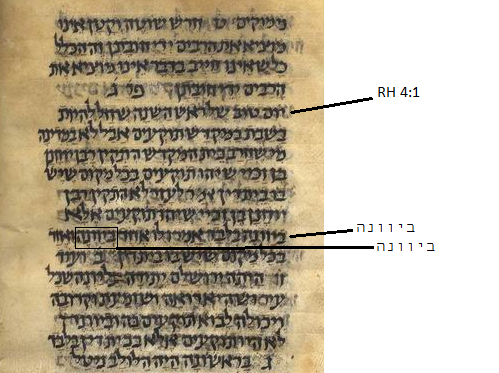I have read that in Mishnaic Hebrew, some pronounced the 6th letter as waw/w and some as vav/v What is the evidence of this?
I see it mentioned here https://forum.wordreference.com/threads/%D7%95-vav-waw-pronunciation.2878084/ "In Mishaic Hebrew, there is already some confusion between bet and vav, showing that they were pronounced the same (at least by some people) at the time."
Also I heard that some evidence for it being v in mishnaic times. "a poet named Eleazar ben Kalir from 6th century in the land of israel. So 1500 years. And he's rhyming Levi(לוי) and Navi(נביא). All Jews agree that the V exists in hebrew, bet without a dot. So anyhow, this poet rhymes Levi with Navi. It wouldn't work with Lewi like the yemenites pronounce it. " (Not sure what poem it was?)
I'm wondering if that's correct and if there's any other evidence besides that poet.
Also, this book "The Doctrines of God" By Dr. Al Garza, some other sources/info is mentioned.
Refers to Mishna Rosh Hashana 4:2 (Ms Kaufman A50 76v), and Mishna Avot 4:4 (Ms Kaufman A50 171v)
Another argument is https://forum.wordreference.com/threads/%D7%95-vav-waw-pronunciation.2878084/page-2
"“Take for example the words אביב (aviv, "spring") and אביו (aviv, "his father"). Today, these words are pronounced exactly the same, but at some point historically, "spring" was pronounced "aviv", while "his father" was pronounced "aviw". The question is then whether these two words were pronounced the same way in Mishnaic Hebrew. The confusion I was referring to is when someone writes a vav when the word should have a bet, or when someone writes a bet when the word should have a vav. There is evidence that such confusion existed in Mishnaic Hebrew, proving that some people already pronounced words like "his father" and "spring" the same way.”


